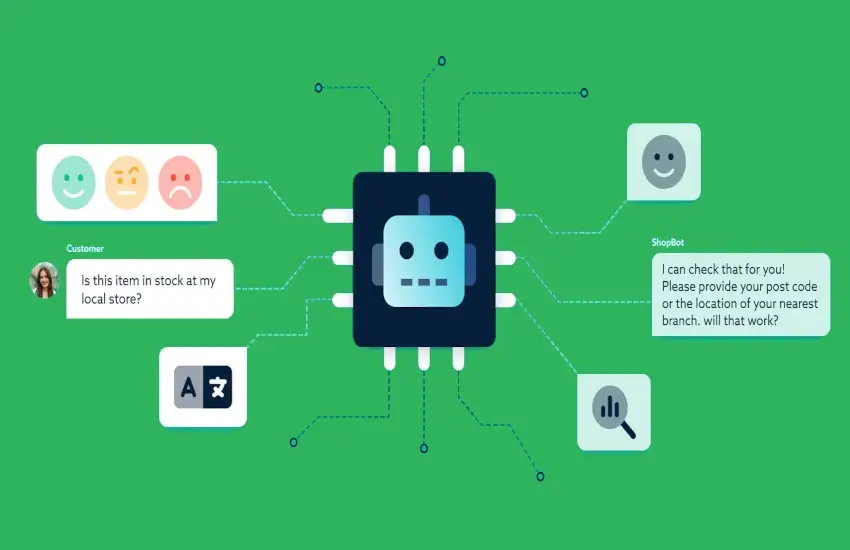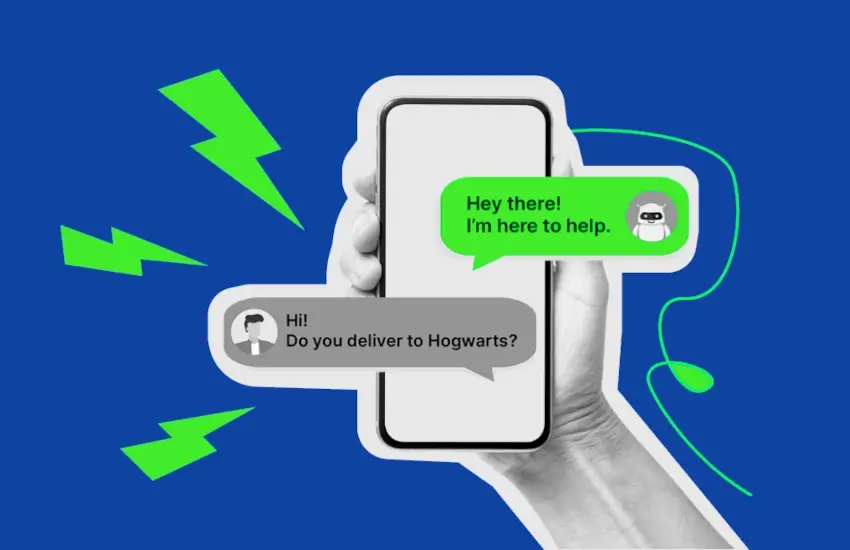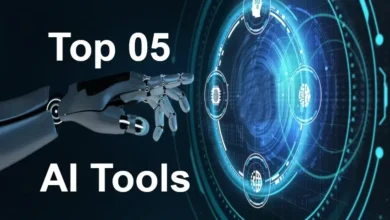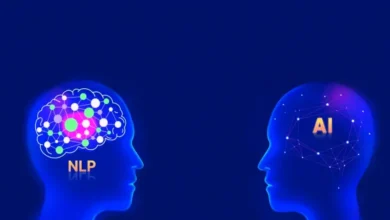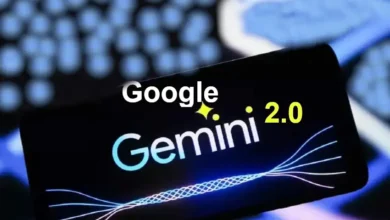Chatbot – AI-Powered Interactive Tool for Engaging Conversations
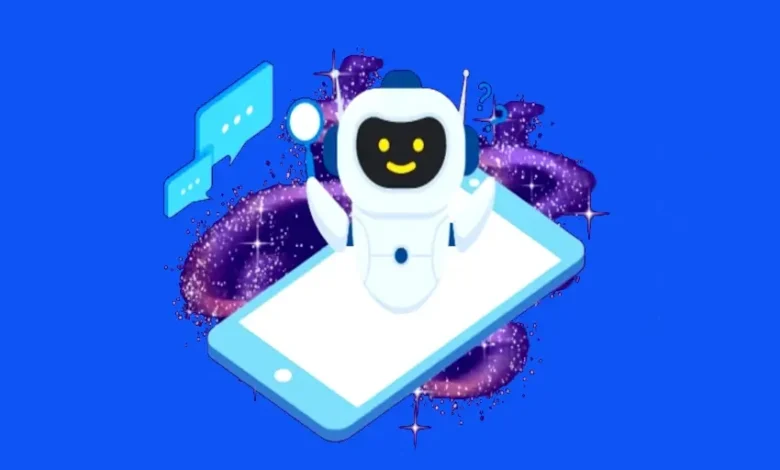
Chatbot AI-Powered Interactive Tool for Engaging Conversations. Thanks to technological advancements, communication has become simpler, quicker, and more interactive in today’s fast-paced digital age. One such game-changing innovation is the chatbot an interactive software program powered by artificial intelligence (AI) that engages users in conversations. From assisting customers to streamlining business processes, chatbots have transformed how we interact with technology.
What is a Chatbot?
A chatbot is essentially a computer program designed to simulate human-like conversations. Leveraging AI, machine learning, and natural language processing (NLP), chatbots can understand, respond to, and even predict user queries in real-time. They serve as virtual assistants, ensuring smooth communication without the need for human intervention.
How Do Chatbots Work?
At their core, chatbots rely on a combination of algorithms and AI to interpret user inputs and provide meaningful responses.
1. Natural Language Processing (NLP): This allows chatbots to understand the context and intent behind user queries.
2. Machine Learning: Chatbots learn from interactions to improve their responses over time.
3. Decision Trees: For more straightforward applications, chatbots follow pre-programmed decision paths to provide relevant answers.
Types of Chatbots
Chatbots come in different forms, each catering to specific needs.
1. Rule-Based Chatbots: These operate on pre-defined scripts and workflows, suitable for answering simple, repetitive questions.
2. AI-Powered Chatbots: These are more advanced and capable of handling complex queries and learning from conversations.
3. Hybrid Chatbots: A combination of rule-based and AI-driven functionalities for versatile use cases.
Search for AI: Google AI Gemini and Google Introduces Gemini 2.0.
Applications of Chatbots
Chatbots are incredibly versatile, finding applications across various industries:
1. Customer Support: Chatbots offer instant assistance, resolving customer queries 24/7 without long wait times.
2. E-commerce: They guide shoppers, recommend products, and handle payment-related inquiries, enhancing the shopping experience.
3. Healthcare: From scheduling appointments to providing health tips, chatbots simplify patient interactions.
4. Education: Virtual tutors powered by chatbots help students with personalized learning experiences.
5. Banking and Finance: They assist users with account inquiries, transaction details, and fraud prevention tips.
Advantages of Chatbots
The growing popularity of chatbots stems from the numerous benefits they offer:
1. 24/7 Availability: Unlike humans, chatbots can function round the clock.
2. Cost-Effective: They reduce operational costs by handling multiple queries simultaneously.
3. Enhanced User Experience: Chatbots provide quick, accurate, and personalized responses.
4. Scalability: Businesses can easily scale operations without additional manpower.
Challenges in Chatbot Implementation
While chatbots are powerful tools, they come with their own set of challenges:
1. Understanding Complex Queries: Some chatbots may struggle with nuanced or ambiguous questions.
2. Lack of Empathy: AI-driven responses lack the emotional intelligence of human interactions.
3. Integration Issues: Ensuring seamless integration with existing systems can be tricky.
The Future of Chatbots
The future of chatbots looks promising as AI continues to evolve. Here’s what lies ahead:
1. Improved Emotional Intelligence: Advanced AI will enable chatbots to understand and respond to emotions better.
2. Voice Integration: Voice-based chatbots will become more prevalent, offering hands-free interaction.
3. Personalization at Scale: AI advancements will allow chatbots to deliver hyper-personalized experiences.
4. Increased Adoption in Niche Industries: Expect to see chatbots in areas like mental health support and legal assistance.
Conclusion
Chatbots are more than just a technological trend they are a cornerstone of modern digital communication. By leveraging AI, they enhance user experiences, streamline processes, and redefine how businesses interact with their customers. Whether it’s answering queries, assisting in purchases, or simply making life easier, chatbots have undoubtedly earned their place in the digital world.
FAQs
What is a chatbot?
A chatbot is an AI-powered software designed to engage in real-time conversations with users.
How do chatbots improve customer support?
Chatbots provide instant assistance, reducing wait times and ensuring 24/7 availability.
What industries benefit most from chatbots?
Industries like e-commerce, healthcare, education, and banking use chatbots extensively for various tasks.
Are chatbots capable of emotional understanding?
While current chatbots lack emotional intelligence, advancements in AI are improving this aspect.
Can small businesses use chatbots?
Absolutely! Chatbots are scalable and can be tailored to fit the needs of businesses of all sizes.

